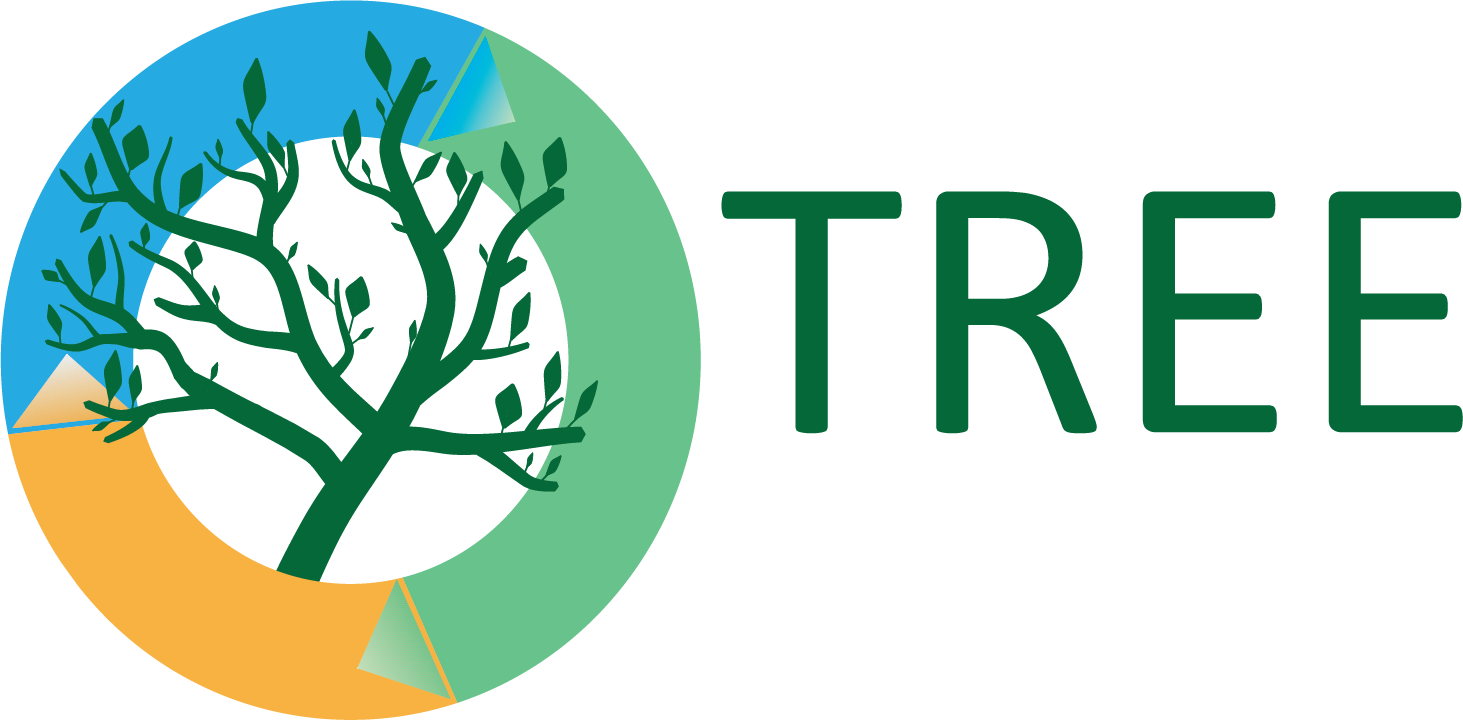The Methodological Material is the first result by the project “Micro- and project-based learning programme for Teaching ciRcular Economy and Ecological awareness in VET (TREE project).
It aims at providing the reader with a comprehensive review of the Circular Economy (CE) and sustainability actions implemented both at European and at national level, of the green skills and their impact on the economy and of the Education for Sustainable Development (ESD) and its promotion.
Chapter 1 – introduction contains the project description, objective, partners and brief descriptions of the book’s chapters.
Chapter 2 “WHAT IS EDUCATION FOR SUSTAINABLE DEVELOPMENT (ESD)?” aims at defining the concept of ESD, showing how it has evolved during the years and how it can and should be promoted in VET centers.
Chapter 3 “SUSTAINABILITY: CHALLENGES AND OPPORTUNITIES IN THE EU ACCORDING TO THE TREE TRANSNATIONAL REPORT” contains the main findings of the transnational research carried out by partners. In particular, it aims at showing the state of art in partner countries when it comes to CE, ESD, green skills and sustainability. Moreover, it sums up the results of the field research which involved VET teachers, “green” companies’ members and representatives of NGOs active in the field of education and environmental protection.
Chapter 4 “GREEN SKILLS DEFINITION IN TREE PROJECT” and chapter 5 “THE EFFECTS OF THE CIRCULAR ECONOMY (CE): NEW JOB OPPORTUNITIES FOR GREEN SKILLED WORKERS” regards respectively the green skills and the effects of the green transition on the job market. More specifically, Chapter 4 defines what “green skills” are according to the TREE project’s partners, why they are important and how they can be promoted in VET school. The chapter also contains some national and international good practices collected by the project partners. Additional good practices can be found as annexes to the Methodological Material.
Chapter 5 deals with the effects of the shift toward a greener and circular economy on the job market, focusing on the following economic sectors: agrifood, wood and plastic. These sectors were selected due to their great relevance for accelerating the green transition.
Chapter 6 “PROJECT-BASED LEARNING METHODOLOGY FOR TEACHING EDUCATION FOR SUSTAINABLE DEVELOPMENT” and chapter 7 “MICRO-LEARNING METHODOLOGY FOR TEACHING EDUCATION FOR SUSTAINABLE DEVELOPMENT” are related to the teaching methodologies that will be adopted within the TREE training programme, i.e. the second result of the TREE project. The project-based learning methodology and the micro-learning methodology are both described in detail and examples of their applicability are shown.

